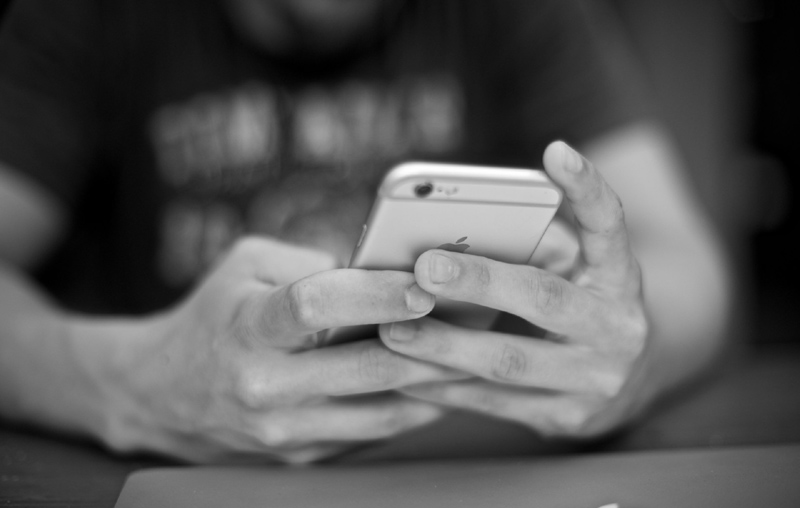Sensitivity faced with the tragedy
- Written by Jorge Fernández Pérez
- Published in Opinion
- Hits: 2004

Who sets the limits of what is allowed on social networks? Is it right that anarchy prevails with respect to the dissemination of content, without the mediation of ethics or common sense? How can we differentiate the common from the personal in an overpopulated cyberspace?
These questions have come to the minds of many individuals in recent days. The elders say that misfortunes never come alone, because recently the people of Cuba have seen how ephemeral human existence is.
There is fatal news, for which no one wants to be the spokesperson, and the loss of a life shocks and invites reflection. Anyone would say that people die every day, but the truth is that their farewells from this world are not always publicized.
First there was Jhonatan Oliva, the 13-year-old boy who disappeared in the middle of a storm while walking down the street, fatally sucked into a sewer in a flooded Havana, following the heavy rains in the western region of the country. That day, there were witnesses.
It wasn't long before another headline shook all of Cuba and plunged it into grief, for the loss of one of its most beloved artists: Paulito F.G., a renowened musician who died in a traffic accident. That day, there were also witnesses.
Those who witnessed both fatalities were left with a dark, regrettable memory, one of those that the years do not erase and shake every time they resurface in memory. There were those who did not guess anything and were paralyzed by the shock of what happened; however, others thought it necessary to take evidence with their mobile phones.
Some did not have enough with documenting what no one in their right mind would want to see again and decided to publish it on their personal profiles, knowing the impact they would have on the digital community.
Both events went viral in a very short space of time. At what point did pain become attractive content for users?
This is not the first time that tragedy has gone viral and fatality has been objectified, in order to gain followers and impact on social networks. The morbidness that this type of event generates is positioned above ethics to form the desolate panorama that predominates in digital society.
These actions transform human pain into a consumable spectacle, in which the victims respond to the interests of a public eager for shocking content, regardless of the dignity of those affected and their loved ones.
For any person with a minimum of sensitivity, it would be difficult to put themselves in the place of the loved ones who survived the deceased. It is inhuman not to empathize with those who suffer and have to continue to bear the burden of that wound.
In times of crisis, people must bring out the best in themselves, showing empathy and solidarity towards those close to them. We must grow as people and as a society, both in the physical and digital space, so that the adverse environment does not take away our sensitivity to life.
